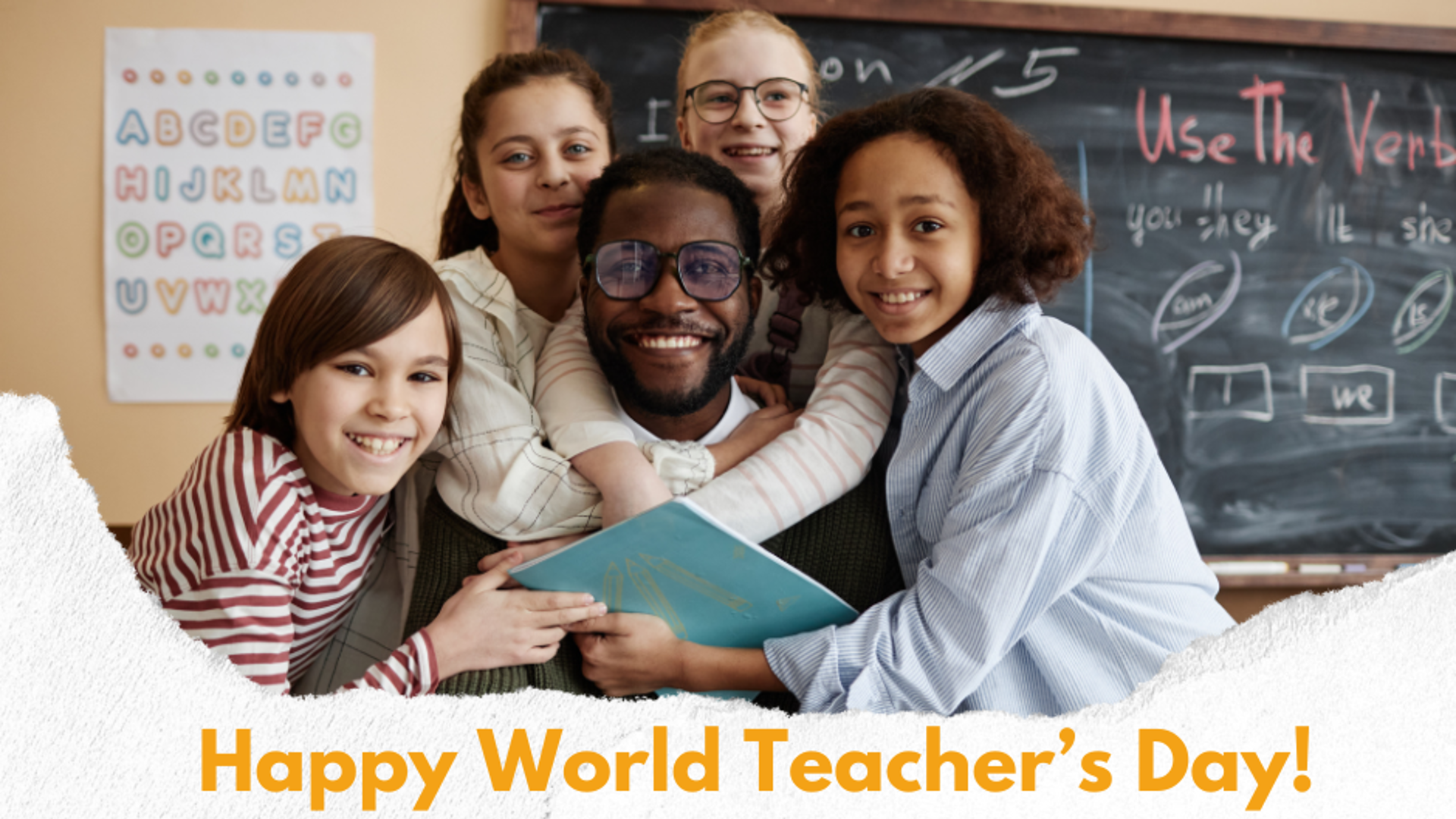Honoring Special Education Teachers: AI Literacy, Human Touch, and the Future of Inclusive Classrooms

Every year, World Teachers' Day is our moment to pause and honor the dedication of educators globally. Within this celebration, special education teachers—you, the champions of inclusion—deserve particular recognition. You are the advocates, the personalized learning architects, and the indispensable bridge between students, families, and support services.
As technology transforms the classroom, your role stands at the crossroads of tradition and innovation. In 2025, a new challenge and opportunity has emerged: the critical need for AI literacy. This new competency is essential for those who support our most diverse learners.
The Indispensable Role of the SpEd Teacher
Your daily work is often far more complex than delivering content. You design individualized educational programs (IEPs), skillfully manage complex classroom dynamics, and constantly adapt materials to nurture self-confidence in students who might otherwise be marginalized.
Crucially, your role often requires innovation when existing tools simply don't meet a student's unique needs. This creativity is grounded in deep empathy, fostering a culture of belonging and empowering students to find their voice and realize their potential.
AI: A Powerful Assistant, Not a Replacement
AI is already transforming education, and its benefits for special education are both tangible and transformative.
Saving Time & Energy: AI can automate routine tasks such as drafting lesson plans, tracking student progress, or analyzing learning data—giving you back valuable time to focus on teaching and emotional support.
- Enhancing Communication: Tools like speech recognition and text-to-speech empower non-verbal or minimally verbal students to express themselves and interact more confidently.
- Creating Engaging Learning Experiences: AI tools can help generate personalized, multimodal content—visuals, movement-based activities, interactive stories—tailored to each learner’s needs.
- Focusing on Quality Guidance: With administrative load reduced, you can dedicate more time to what truly matters: guiding, scaffolding, and connecting with students.
AI amplifies your expertise—it does not replace it. The compassion, intuition, and adaptability you bring to your classroom remain irreplaceable.
The New Competency: AI Literacy in Practice
AI literacy goes beyond knowing how to use tools—it’s about using them responsibly, effectively, and ethically. For special educators, this includes:
- Understanding and Evaluating Tools: Knowing how AI-powered tools work and assessing whether they genuinely meet diverse learner needs.
- Ethical Awareness: Protecting student privacy, especially for vulnerable populations.
- Adapting AI for Inclusion: Using AI to support multiple modalities—visual, auditory, kinesthetic—and ensuring accessibility.
- Critical Engagement: Helping students use these technologies thoughtfully and safely.
International frameworks like those from UNESCO and the European Commission emphasize AI literacy, yet they rarely focus on the unique challenges of special education—a gap that needs urgent attention
The Critical Gap: AI Frameworks Need SpEd Input
Most AI competency frameworks were designed for general educators. However, the special education context introduces unique challenges and opportunities:
- Accessibility: Many AI tools still lack universal design or assistive technology integration.
- Adaptation: SpEd teachers must continually adjust these tools to meet individualized goals and behaviors.
- Professional Development: There is limited training tailored to the realities of the special education classroom.
This must change. For AI to serve inclusion effectively, SpEd teachers must help shape the conversation—as co-creators of ethical, practical, and empowering AI use in schools.
Looking Ahead: Innovation in Your Classroom
Innovative tools already point the way forward. Platforms like Kinems, which combine AI-powered, multimodal, and movement-based learning, give educators new ways to personalize instruction, engage students actively, and collect data that supports meaningful progress monitoring.
Such technologies exemplify how AI can amplify teachers’ impact—not by replacing their expertise, but by providing new media for teaching, inclusion, and collaboration.
Empowering teachers with AI literacy and inclusive design principles is not only a professional goal—it is a moral imperative to ensure that every child thrives in the classrooms of the future.
Happy World Teachers' Day! Your resilience, creativity, and leadership are the decisive factor in creating classrooms where every learner feels seen, heard, and supported.